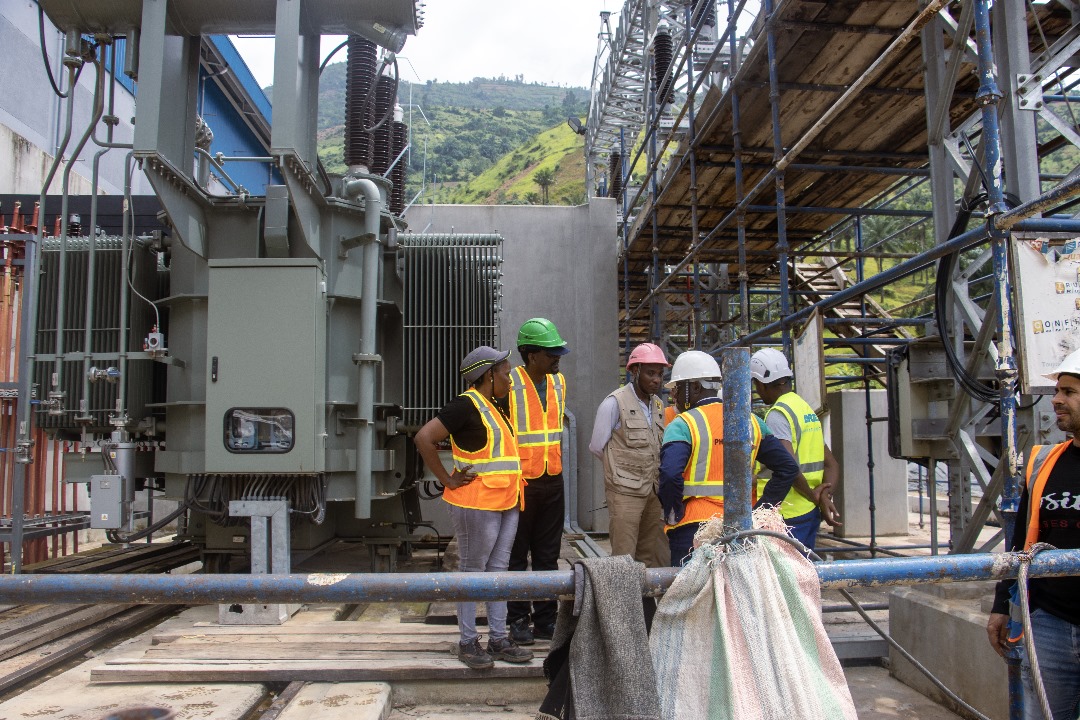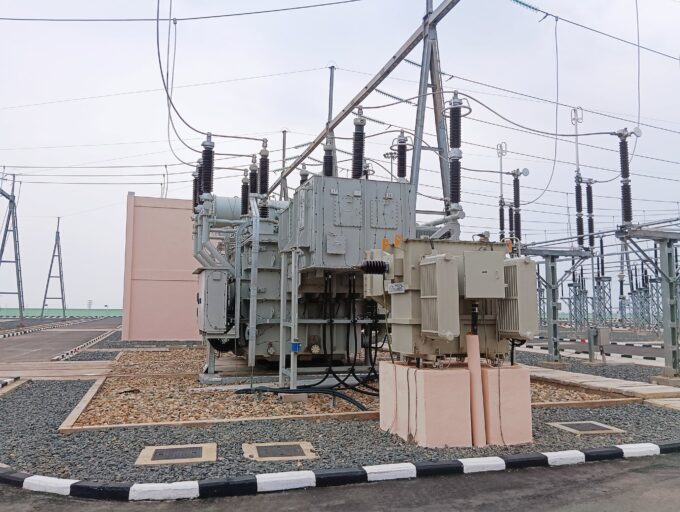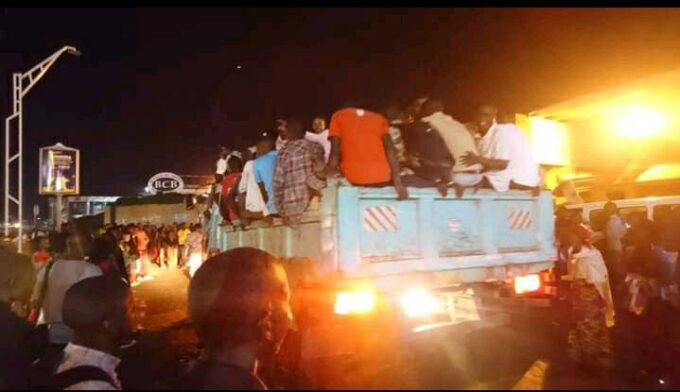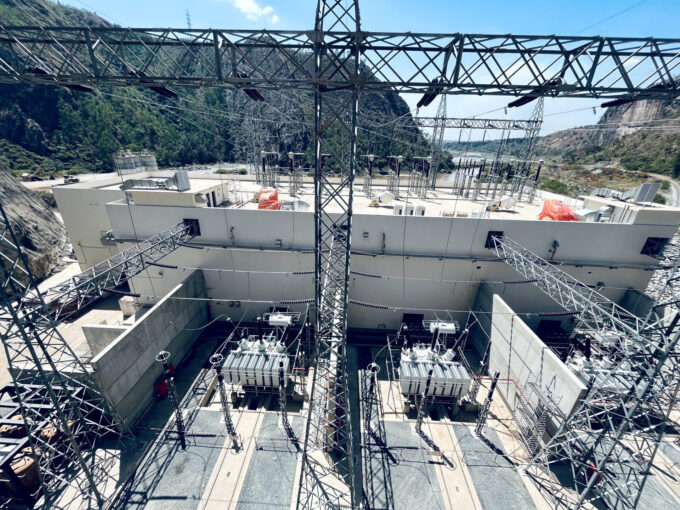Residents and business owners in Burundi’s economic capital are struggling with recurrent power outages that continue to disrupt income-generating activities, despite repeated government assurances that the problem would be resolved.
The private sector, including small businesses, workshops, and medical facilities, has been particularly hard-hit. Experts warn that the persistent outages are a “serious issue” that could hinder the country’s overall development.
Yves Nshimirimana, a shop and barber owner in northern Bujumbura, described the situation as financially devastating. “I employ three workers, each earning 200,000 BIF, and I also have to feed them. On top of that, I rent a house and currently owe three months of rent. The losses are enormous,” he told BREAKING BURUNDI.
The outages have also damaged the credibility of service providers. Marly Chrétien Mbonihankuye, a young photographer and videographer, said, “Our clients are losing trust because we deliver work late. It makes us appear unprofessional.” Similarly, Samuel Hatungimana, a welder in northern Bujumbura, explained that tasks that would normally take two days now take five. “People now think I am not punctual,” he lamented.
Medical Services Disrupted
Power cuts are also affecting healthcare. Lambert Nimubona, a dental surgeon at Kamenge District Hospital, said daily operations, including surgeries and routine appointments, are severely impacted. “Patients arrive for treatment only to find no electricity. Some leave, while others opt for tooth extraction instead of proper treatment,” he explained.
Nimubona added that essential dental procedures cannot be performed safely without adequate lighting, and phone outages make it difficult to schedule appointments. “Patients sometimes cannot reach us, leading to missed appointments,” he said.
University lecturer Simeon Barumwete emphasized the wider implications. “Electricity is essential for schools, hospitals, and public security. Frequent outages prevent people from carrying out development plans. Those who work at night—milk vendors, welders, and healthcare providers—cannot function properly without light,” he told local radio station Bonesha FM.
Government Response and Ongoing Challenges
Over the past two months, large parts of Bujumbura have experienced near-constant power outages, largely linked to work connecting the new Rubirizi substation to the 110 kV Gahongore–RN1 transmission line. REGIDESO, the state-owned water and power distribution company, said this process, which took ten days, was intended to stabilize supply, but residents continue to face frequent cuts.
Jean Albert Manigmba, REGIDESO’s national director, explained that technical adjustments at multiple substations have caused disturbances in power distribution. “Voltage changes and outdated distribution networks have contributed to the outages. Once ongoing adjustments are complete, the frequency of power cuts should decrease,” he said in an exclusive interview with UMUKUBITO YouTube channel.
Despite these assurances, frustration persists. The government had committed to electrifying 70% of homes nationwide by 2030, but ongoing disruptions raise doubts about the feasibility of this plan.
The outages have far-reaching effects beyond households and small businesses. Banks, government offices, and internet service providers are also disrupted, causing long queues, delays, and missed deadlines. Analysts warn that these disruptions are symptomatic of broader economic challenges facing the country.
Barumwete emphasized the importance of effective governance. “The first essential step is to have competent leadership that addresses citizens’ needs and implements projects that allow people to carry out their activities,” he said.







Leave a comment